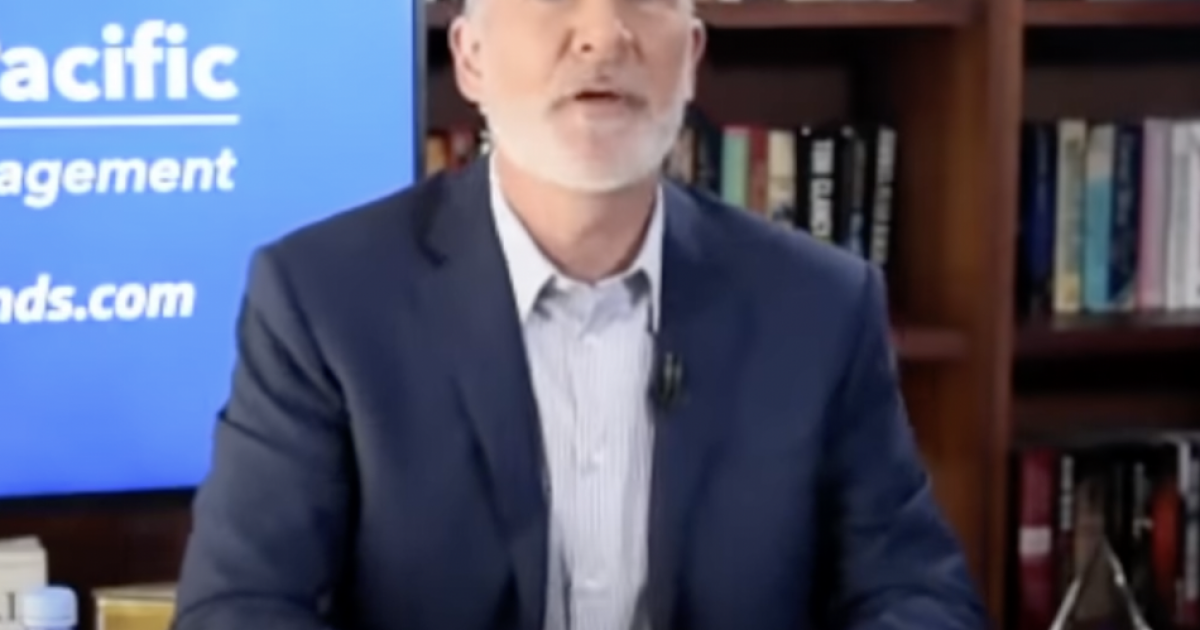
When a certain talking point becomes adopted by the chattering classes, one should immediately question its validity.
One such case deals with the assumption that the current signs of inflation will be “transitory.” In other words, present indicators of inflation will supposedly go away in the short term. Certain economists like Peter Schiff believe that all the talk about inflation being “transitory” is nothing but a ruse.
The Producer Price Index (PPI) numbers that were released on July 14, 2021 further demonstrated the financial establishment’s misleading narrative on inflation. Producer prices recorded the largest increase in over a decade. According to year-on-year figures, the PPI increased by 7.3%. In sum, this increase was the largest year-on-year growth since November 2010.
Schiff believes that these rising prices are not going away so quickly. In his view, “You have to really go back to the 1970s to see this type of inflation data.” Furthermore, it’s harder to make a comparison to the 1970s because of the significant changes made to how the government calculates CPI.
The contrarian economist argues that it’s possible to witness 10% inflation by the end of 2021 because he predicts more price increases to go down as the year progresses. Schiff highlighted the following:
“It is certainly possible that we can finish 2021 with 10% CPI, which would rank it as bad as any of the years that we had during the 1970s. Except 10% in 2021 is not 10% in 1971 or 1979 because this is not your grandfather’s CPI. This is a completely different CPI that is completely rigged and reverse engineered. If we actually have 10% inflation, if we measured prices the way we did back in the 1970s, it’d probably be 15 or maybe 20% inflation.”
Schiff points out that the underlying fundamentals of the American economy are much worse in the present than they were back in the 1970s. Moreover, Schiff noted that the Federal Reserve’s tools for combating inflation are much smaller than they were during Ronald Reagan’s administration, when Paul Volker was the chair of the Federal Reserve.
The main reason that the current bout of inflation is commonly viewed as transitory is because markets expect the Federal Reserve to pursue tighter monetary policies via higher interest rates. Schiff believes that this narrative is off-base due to the fact the Fed is unwilling to increase interest rates.
Schiff observes that there’s an overall lack of will on the part of the Fed to reverse course on its low interest rate police. In addition, he is of the view that if the Fed were serious about stopping inflation it would have done so already instead of trying to prolong the problem.
The pro-gold economist provided a frightening scenario of what inflation probably looks like at the moment:
Where will inflation actually be by the time the Fed caves and admits that it isn’t transitory? That’s a frightening scenario to ponder. With rates at zero and inflation at 10%, real interest rates would be at -10%. A 1% hike in the interest rate would only bring real rates to -9%. Is that going to tame inflation? You’d need to bring rates to 11 or 12% to get real rates positive.
There is no way the Fed can get anywhere near there given the level of debt, given the short-term nature of all the debt. … So, the Fed is all bark and no bite when it comes to inflation.
For those of us who are monetarily aware, none of this should come as a shock. A loose monetary policy coupled with strong lockdowns that disrupt supply chains is a recipe for inflation. When increased amounts of money chases too few goods, inflation invariably ensues.
Expecting the Fed to reform itself is a fool’s errand at this juncture. Liberty conservatives should try to protect themselves by acquiring gold, proven cryptocurrencies like Bitcoin, and real estate in linear markets. If we can’t keep the Fed in check, the least we could do is to protect our wealth in such harrowing times.



